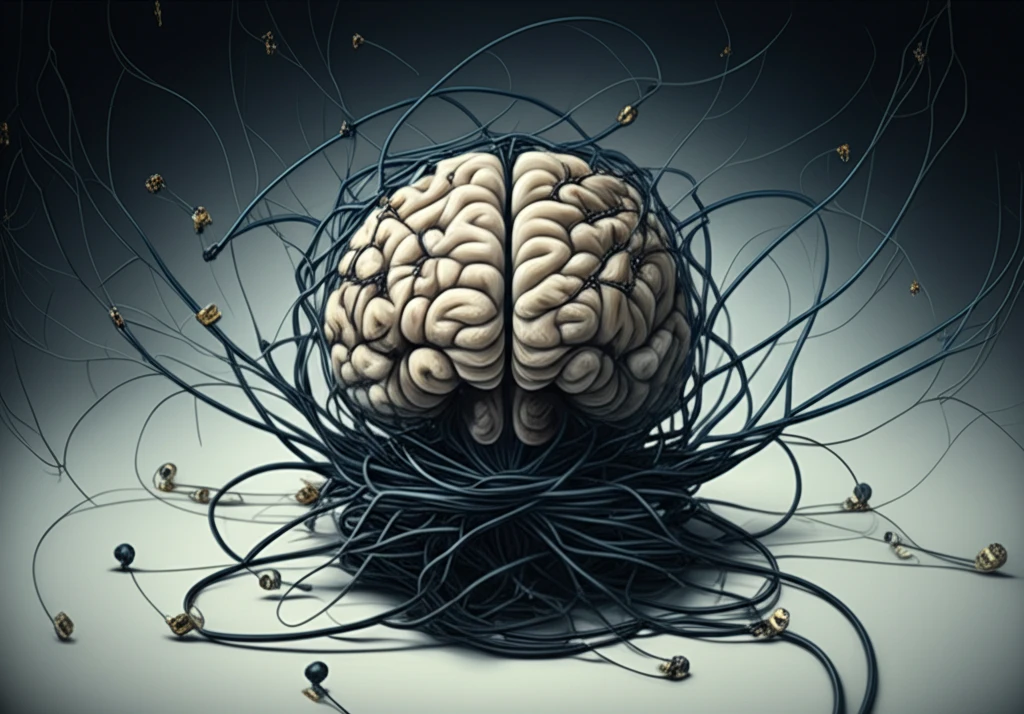
The Hidden Traps of Social Learning: How Networks Can Sabotage Your Smarts
"Discover how information overload and network structures can actually hinder your ability to learn and make informed decisions in today's hyper-connected world."
We live in an era of unprecedented connectivity. Social networks promise to connect us to a wealth of information and diverse perspectives, enabling us to learn and grow at an accelerated pace. Yet, this constant barrage of information can be overwhelming. In a complex web of interconnected individuals, how do we effectively filter and process information to arrive at informed decisions?
The truth is, simply being connected doesn't guarantee better understanding. The structure of our social networks, the way information flows, and the biases inherent in the system can inadvertently create 'smart traps' – situations where our networks actually hinder our learning process. It may feel like we're building collective intelligence, but often we find ourselves trapped in echo chambers or paralyzed by conflicting opinions.
New research has uncovered surprising ways in which social networks can undermine our ability to learn. The core of the issue lies in 'information confounding,' a phenomenon where multiple sources share the same underlying information, leading to a distorted perception of its validity. Understanding these traps is the first step towards building smarter, more effective networks that truly empower us to learn and grow.
What is Information Confounding, and Why Does It Matter?

Imagine a scenario where you're trying to understand a complex topic. You turn to your social network for insights, consulting multiple friends and contacts. However, unbeknownst to you, many of these individuals are relying on the same original source. This creates a situation where the information appears more widespread and credible than it actually is. This is information confounding in action.
- Distorted Perception of Accuracy: Overestimating the validity of information due to multiple seemingly independent sources.
- Reduced Learning Efficiency: Wasting time and effort on redundant information rather than exploring truly novel perspectives.
- Confirmation Bias Reinforcement: Increasing the likelihood of encountering information that confirms existing beliefs, leading to echo chambers.
- Slower Adaptation to New Information: HInders quick adoption to new information due to being stuck in old patterns.
Navigating the Network Maze: Strategies for Smarter Learning
While social networks can present challenges to effective learning, they also offer tremendous opportunities. By acknowledging the potential for information confounding and actively employing strategies to overcome it, we can harness the power of networks for genuine knowledge acquisition and informed decision-making. By focusing on promoting critical thinking, seeking diverse perspectives, and actively managing our information consumption, we can transform our networks from 'smart traps' into powerful engines of learning and growth.
